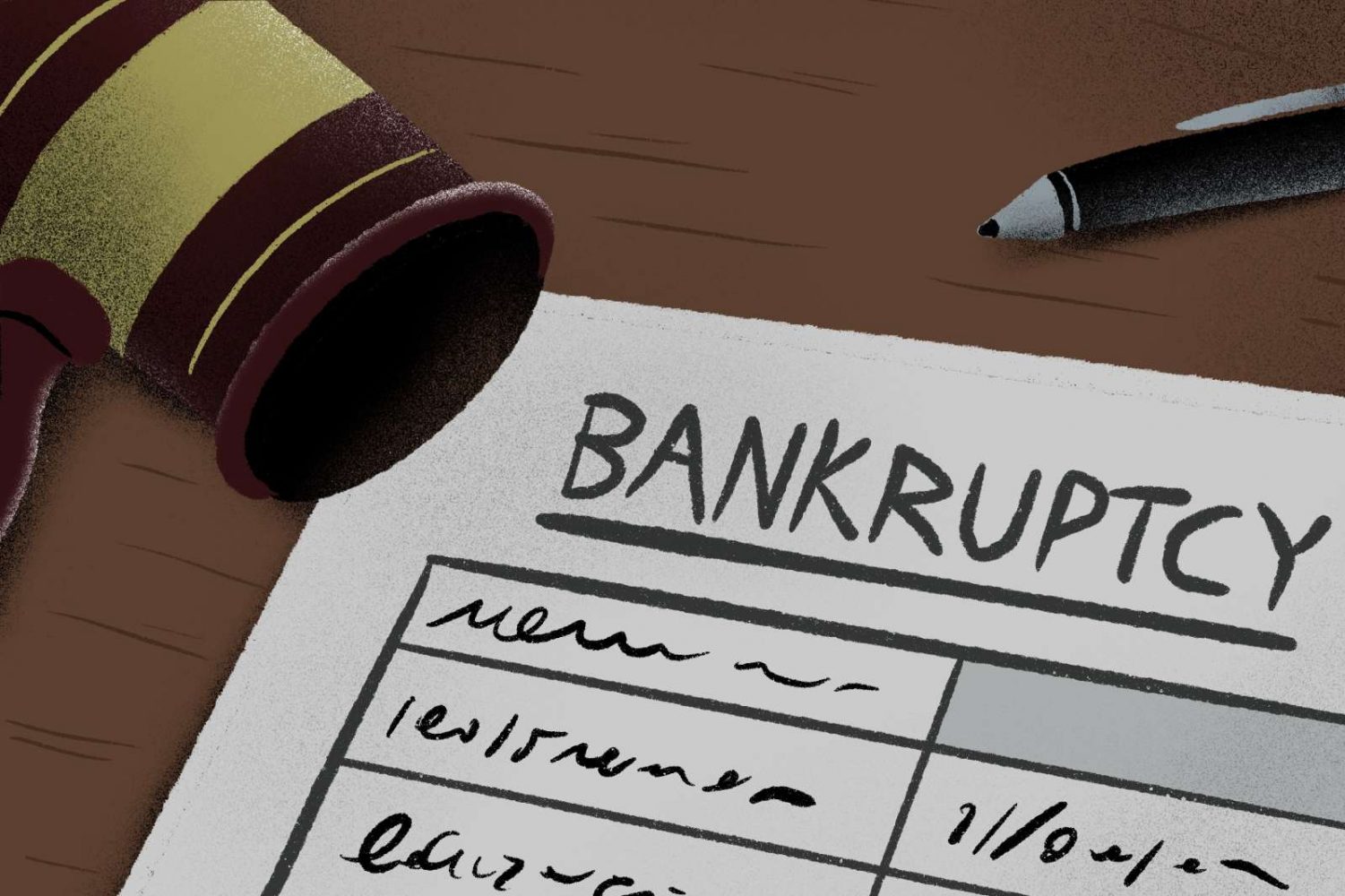Discover comprehensive information and guidance on navigating bankruptcy, including the various types and processes involved. Empower yourself with expert advice, resources, and support to regain financial stability and rebuild your credit.
Most people declare bankruptcy with the aim of getting a discharge of their poor credit Personal Loan debts. And here the question “how often can you file for bankruptcy?” is not so important. The more vital thing is “how often can you receive a discharge of debts through bankruptcy?”
Let’s study how Chapter 7 and 11, previous Chapter 12 and 13 bankruptcy discharges work, their frequency and time limits, and how to get a bankruptcy discharge.
What are Bankruptcy Discharge Time Limits
The time limit between bankruptcies depends on the type of bankruptcy you filed last. You should start counting the time since the date you filed the case with the court.
How often can you file for Chapter 7 bankruptcy?
According to the Bankruptcy Code, there must be a 7 year period before you can declare bankruptcy Chapter 7. It’s the longest time required between cases. However, Chapter 7 provides the quickest form of debt discharge.
Can you file Chapter 13 bankruptcy after Chapter 7 bankruptcy?
Yes, you can file for Chapter 13 bankruptcy within 4 years after receiving a Chapter 7 discharge, but it won’t relieve your debts. You can use it to pay off tax debts or other types of debt that survived the prior case.
Chapter 7 bankruptcy in 6 years after Chapter 7 bankruptcy
If you managed to repay the debt within the Chapter 13 repayment plan, you can declare Chapter 7 bankruptcy about 1 year after receiving a Chapter 13 discharge.
How often can you file for Chapter 13 bankruptcy?
There must be at least 2 year break between Chapter 13 bankruptcy discharges. However, typically, the minimum term of a Chapter 13 repayment plan is 3 years.
How to Get a Discharge in the First Place
In most cases, your debt (except student loans and tax debt) is discharged after you file for bankruptcy. However, you can be denied in case you do the following mistakes:
- Any attempt to transfer, move or conceal property before filing your bankruptcy.
- Conceal or destroy any of your financial information that must be kept safe.
- False statements or lies.
- “Loss” of your assets which you can’t explain.
- Disobeying a court order.
- No attendance of credit counseling and financial management courses which are obligatory after bankruptcy.
When can you benefit from a Second Bankruptcy Filing?
When you need no discharge but want to prolong the time to manage to repay the debt, you can file for Chapter 13 bankruptcy and get enough time to work out a reasonable repayment plan. The same thing concerns filing a Chapter 13 case immediately after getting a Chapter 7 discharge. You receive time to pay off debts that are not dischargeable.

